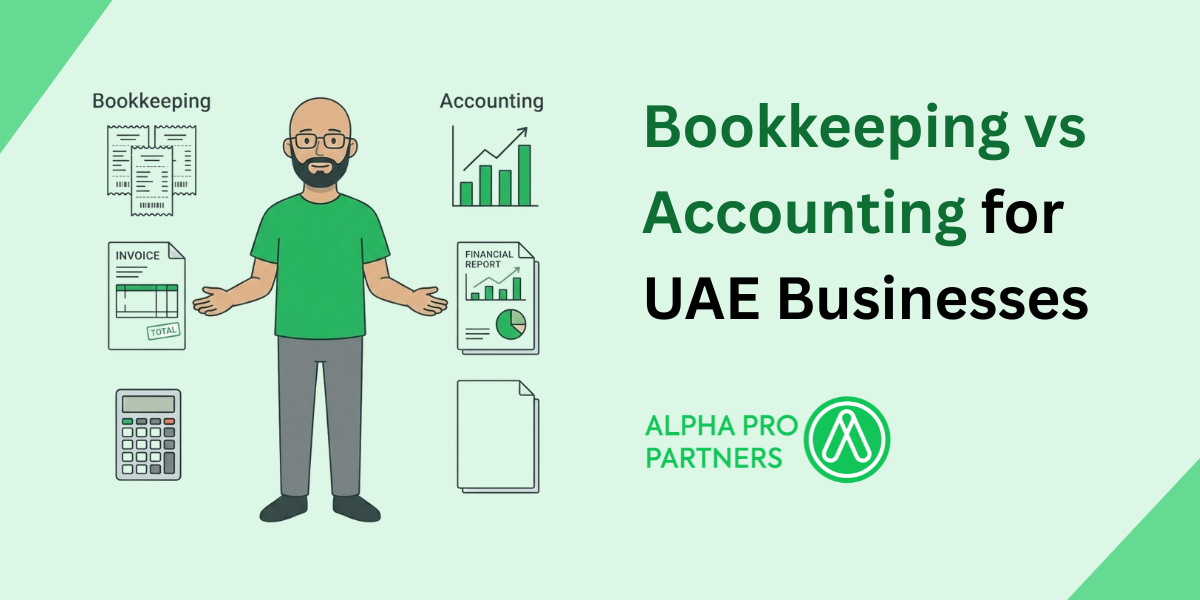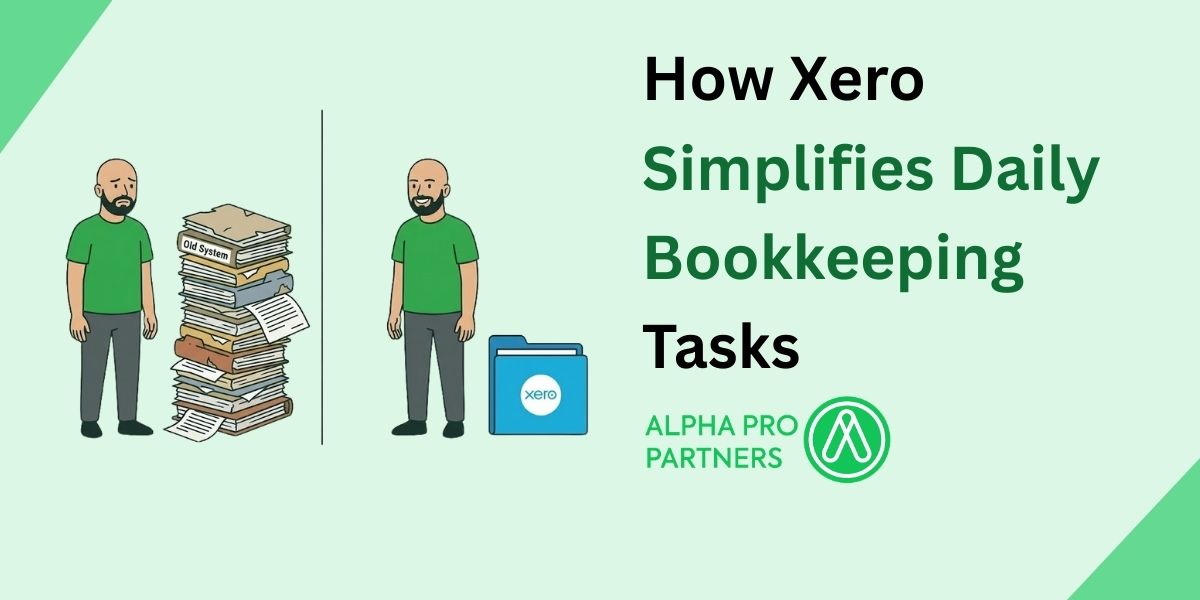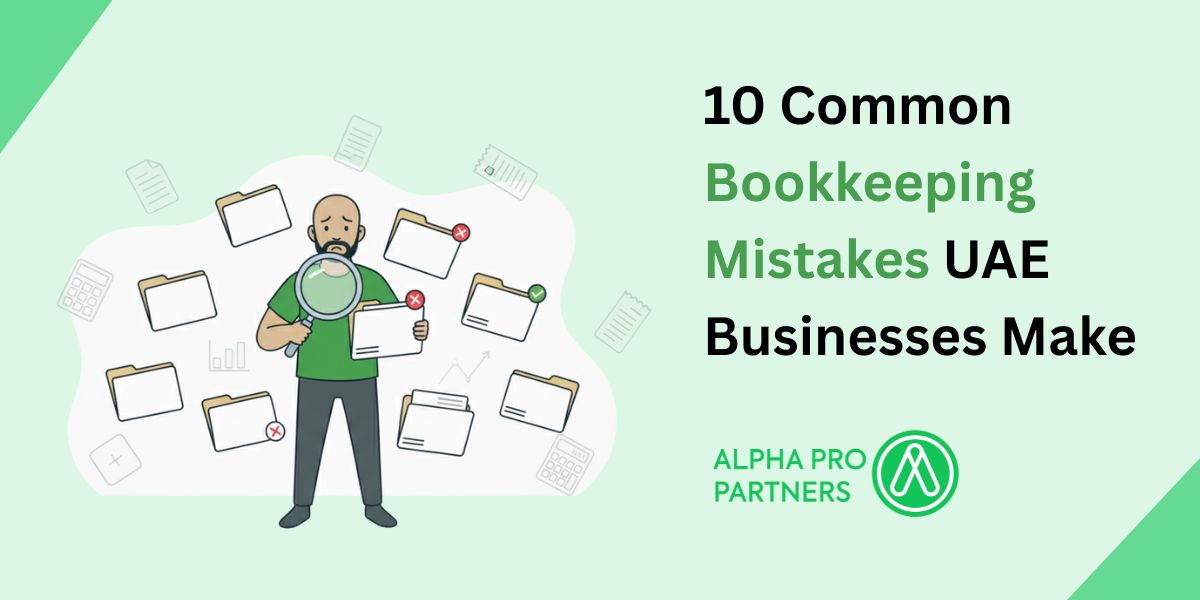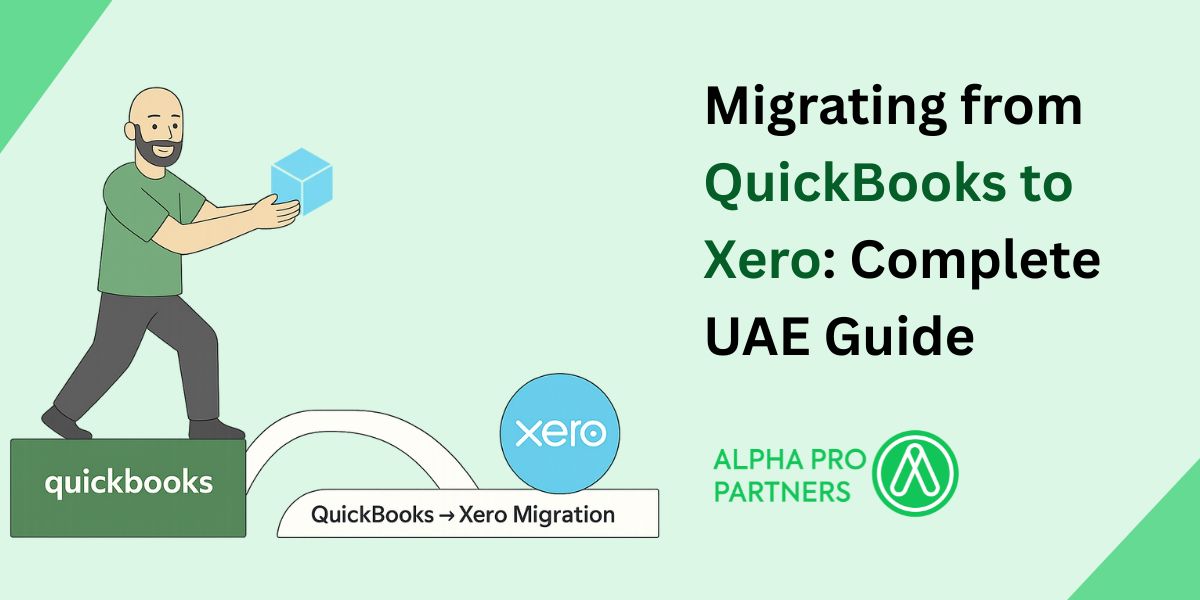What UAE Businesses Should Know About FTA Tax Audits

The word "audit" tends to make business owners nervous, but it doesn’t have to. If you're running a business in the UAE, the Federal Tax Authority (FTA) has the right to check your tax compliance at any time. This applies to companies in Free Zones and on the mainland, no matter the size or structure.
The reality? Getting selected for an audit isn’t always personal. Some audits are random. Others are triggered by patterns, inconsistencies, or activity that doesn’t align with your peers in the industry.
In this guide, we’ll explain what the FTA typically watches for, what might cause your business to get flagged, and how to maintain a system that keeps you ready without any stress.
We’ll also touch on the benefits of clean records, the role of voluntary disclosures, and how working with a tax advisor can streamline the entire process.
What Is an FTA Tax Audit?
An FTA audit is an official examination of your business’s tax records. It includes a thorough review of your corporate tax filings, VAT returns, income documentation, and supporting schedules. In simple terms, it’s the government checking that everything you've reported is accurate, complete, and in line with UAE tax law.
An audit may target just one return or span multiple years. It might focus on a single issue like a large loss or exemption claim, or dig into your overall operations.
The goal of the audit is to:
- Confirm your taxable income and expenses
- Assess whether any exemptions or reliefs were applied properly
- Check if you met the documentation requirements for related-party transactions
- Identify any misreporting, understatements, or errors
And remember—audits are not just for large corporations. Startups, SMEs, freelancers, and even solo consultants are all within scope.
What Typically Triggers an FTA Review?
While the FTA doesn’t disclose its full audit algorithm, some behaviors and patterns are known to trigger a closer look:
1. Inconsistent Financials
If your Corporate Tax return reports significantly lower income than your VAT return, or your year-on-year figures fluctuate wildly without explanation, it might raise a flag.
2. Excessive Loss Reporting
A business consistently reporting losses while others in the same sector show stable or positive performance could attract attention. Losses must be backed by real economic activity.
3. High Volume of Related-Party Transactions
The more you buy or sell from connected companies, the higher your risk. If pricing, agreements, and documentation aren’t up to scratch, this could prompt questions.
4. Back-to-Back Voluntary Disclosures
One correction is understandable. But if your business repeatedly files updated returns or corrections, it might signal underlying compliance gaps.
5. Unusual Tax Positioning
If your effective tax rate is far below average for your industry, or if you consistently claim large deductions or reliefs, that can trigger further review.
6. Delayed or Missing Compliance
Missed filing deadlines, failure to register, or skipping payment deadlines are all warning signs. Even if unintentional, they raise concern about the strength of your internal controls.
7. Anonymous Tips
The FTA accepts and reviews whistleblower tips from third parties. If someone submits a report—whether legitimate or not—it could lead to an audit.
What the FTA May Request During an Audit
If selected for review, the FTA will contact you formally through the FTA portal. You’ll receive:
- An audit notification letter
- A breakdown of the information they need
- A deadline to respond (usually a few days to two weeks)
You may be asked to submit:
- Tax returns (corporate tax and VAT) for the selected years
- Full financial statements
- Breakdown of exempt and taxable income
- Transfer pricing documentation
- Contracts with Related Parties
- Board minutes, ownership structures, or shareholding changes
- Invoices, receipts, and bank transaction summaries
Depending on your sector or structure, the FTA may also request sector-specific documentation, licensing agreements, or group consolidation reports.
If you respond quickly and your documentation is in order, the audit may close without penalties. If not, the process may extend to follow-up queries, site visits, or assessments.
How to Proactively Minimize Audit Risk
No one can fully control whether their business is chosen—but you can absolutely reduce the chance of red flags and be ready if selected.
1. Keep a Consistent Filing Schedule
File your Corporate Tax and VAT returns on time. Late submissions not only risk fines—they signal poor compliance.
2. Use Reconciled Financials
Ensure your profit and loss statement, VAT declarations, and taxable income schedules all tie together logically. If differences exist, include notes or schedules to explain them.
3. Retain Clean Supporting Documents
This includes:
- Bank statements
- Supplier invoices
- Customer contracts
- Payroll summaries
- Board resolutions
Label files clearly and store them securely (digitally or physically) for at least 7 years.
4. Understand Related Party Requirements
Make sure you:
- Disclose Related Party and Connected Person transactions
- Keep pricing documentation
- Prepare transfer pricing files even if you don’t cross the reporting threshold
5. Don’t Abuse Exemptions
You can (and should) benefit from legitimate reliefs. But never claim something you can’t prove. This includes:
- Free Zone relief (ensure Qualifying Income conditions are met)
- Small Business Relief (revenue must be under AED 3 million)
6. Train Your Internal Finance Team
Many compliance issues come down to miscommunication. Train your in-house team on what the FTA expects.
What to Do if You Spot an Error Before an Audit
If you catch a mistake in a past filing—fix it before the FTA finds it.
The Voluntary Disclosure process allows you to correct previous returns. This reduces potential penalties and shows good faith. You can:
- Amend figures
- Declare omitted income
- Remove invalid deductions
You’ll need to submit supporting documents and an explanation. The earlier you correct, the better.
Why Alpha Pro Clients Are Always Audit-Ready
We don’t just help clients file their Corporate Tax returns. We build systems that keep them protected in case of an audit.
With Alpha Pro:
- Every return is reviewed by qualified tax professionals
- Your documents are organized in case the FTA requests them
- We offer mock audit reviews so you can test your readiness
Need us to look over your past filings or set up a compliance plan?
Contact Alpha Pro Partners now and we’ll keep your business audit-proof.
More Reasons to Stay Ready
Besides avoiding penalties, staying audit-ready helps you:
- Reduce the cost of compliance
- Speed up future filings
- Build investor confidence
- Make better financial decisions
In short: an audit-ready business is a healthier business.
FAQs
1. Can freelancers and sole proprietors be audited?
Yes. If you cross the AED 1 million threshold, you’re subject to Corporate Tax and eligible for audit.
2. How long does an audit usually take?
It depends on your response time and the complexity of the case. Some finish in a week, others take months.
3. What are the penalties if the FTA finds errors?
Penalties vary but can include:
- Fixed fines
- Percentage-based fines on underpaid tax
- Daily penalties for non-cooperation
4. Do I need a tax agent to handle the audit?
Not required, but highly recommended, especially for complex cases.
5. Can I ignore an audit notice?
No. Ignoring or delaying a response may result in immediate penalties.
6. Are group companies audited together?
Sometimes. If you’re part of a group or have shared activities, the FTA may review all entities jointly.
7. Can the FTA visit our office?
Yes. They may conduct site visits if needed.
8. How can I tell if a deduction is allowed?
Check the Corporate Tax law or consult Alpha Pro Partners. Personal expenses, fines, and entertainment are usually disallowed.
9. What happens after an audit closes?
You’ll receive a closure report. If issues were found, you may be asked to amend returns or settle fines.
Let’s get your business audit-ready. Contact Alpha Pro Partners today for a full tax review and compliance strategy.

.webp)
















.webp)
.webp)


.png)
.png)
.png)
.png)
.png)

.png)



.png)
.png)





.jpg)


.jpg)





.png)
.png)






.png)


